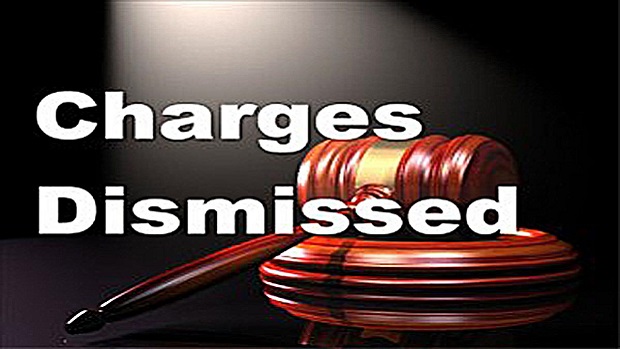If you have been arrested for a DUI or another drunk driving offense, and the charges against you were dismissed by the court, you should be allowed to enter Canada. However, there are a variety of factors that could impact your ability to enter Canada, even if the charge was cleared off your record.
When a person gets arrested for a DUI, the arrest could be followed by a number of possible outcomes, for example:
- A decision by the District Attorney’s Office not to proceed with the charges against a defendant. In certain states, this is otherwise known as “Nolle Prosequi”, or “Nol Prose”.
- A suspended sentence. This is technically not a conviction, and will remain as such provided all conditions of the suspended sentence will have been successfully completed.
- A dismissal of the DUI charge by the court (the defendant being found not guilty).
- A dismissal having been requested, and approved, after an initial adjudication of guilt was reached. Under certain circumstances, defendants who have satisfied the conditions of their conviction and have waited the required amount of time can request that their case be dismissed.
For individuals whose case resulted in a dismissal, the initial DUI charge should no longer be considered as grounds for inadmissibility, and the person should be allowed to enter Canada. The same would apply to those whose case was not prosecuted by the court.
Will Canada automatically allow me in if my case was dismissed?
Not necessarily. The following should be considered when determining whether you can freely enter Canada despite having been arrested for a DUI:
- If you have a dismissed DUI on record but have another DUI that is not dismissed, and for which ten years have not yet passed since the completion of all conditions, entry into Canada will not be allowed. This is because there is another DUI conviction on record.
- If you have a dismissed DUI on record, and another separate DUI conviction for which all conditions were successfully completed over ten years ago, you could be allowed to enter Canada. However, consulting with an immigration lawyer would be preferable to confirm if this is the case.
- If you have a dismissed DUI and a separate, non-dismissed, offense on record, careful consideration should be given to that offense in order to determine whether it would trigger inadmissibility. Not all offenses will prevent entry to Canada. In fact, what matters is not the offense itself, but what its equivalent would be in Canada, and the applicable punishment. It is best to consult with an immigration lawyer in order to determine if travel to Canada is still possible.
- If the initial DUI charge was dismissed as a result of a plea agreement for a conviction on a lesser charge, such as reckless driving, inadmissibility can still apply and prevent entry into Canada, as reckless driving is another offense that can prevent people from entering Canada.
As such, if you have a DUI that has been dismissed, and has absolutely nothing else on record, you should be allowed to travel to Canada. However, the burden of proof rests on you, and you will need to demonstrate the following:
• The DUI offense has effectively been dismissed; and
• You no other offenses on record, whether they are offenses that have resulted in a conviction or offenses for which there has only been an arrest and the matter would still be pending in court.
What can I do to make sure I don’t get denied at the Canadian border?
If your DUI case was dismissed, and you do not have any other offenses on your record, or even if you have one other offense from over 10 years ago, you may benefit from a Legal Opinion letter. This letter will explain to the Canadian authorities why you should be allowed entry into Canada despite having been arrested in the past. As each case is unique, should you have any specific questions pertaining to your situation, we invite to consult with one of our lawyers as part of a free consultation.



